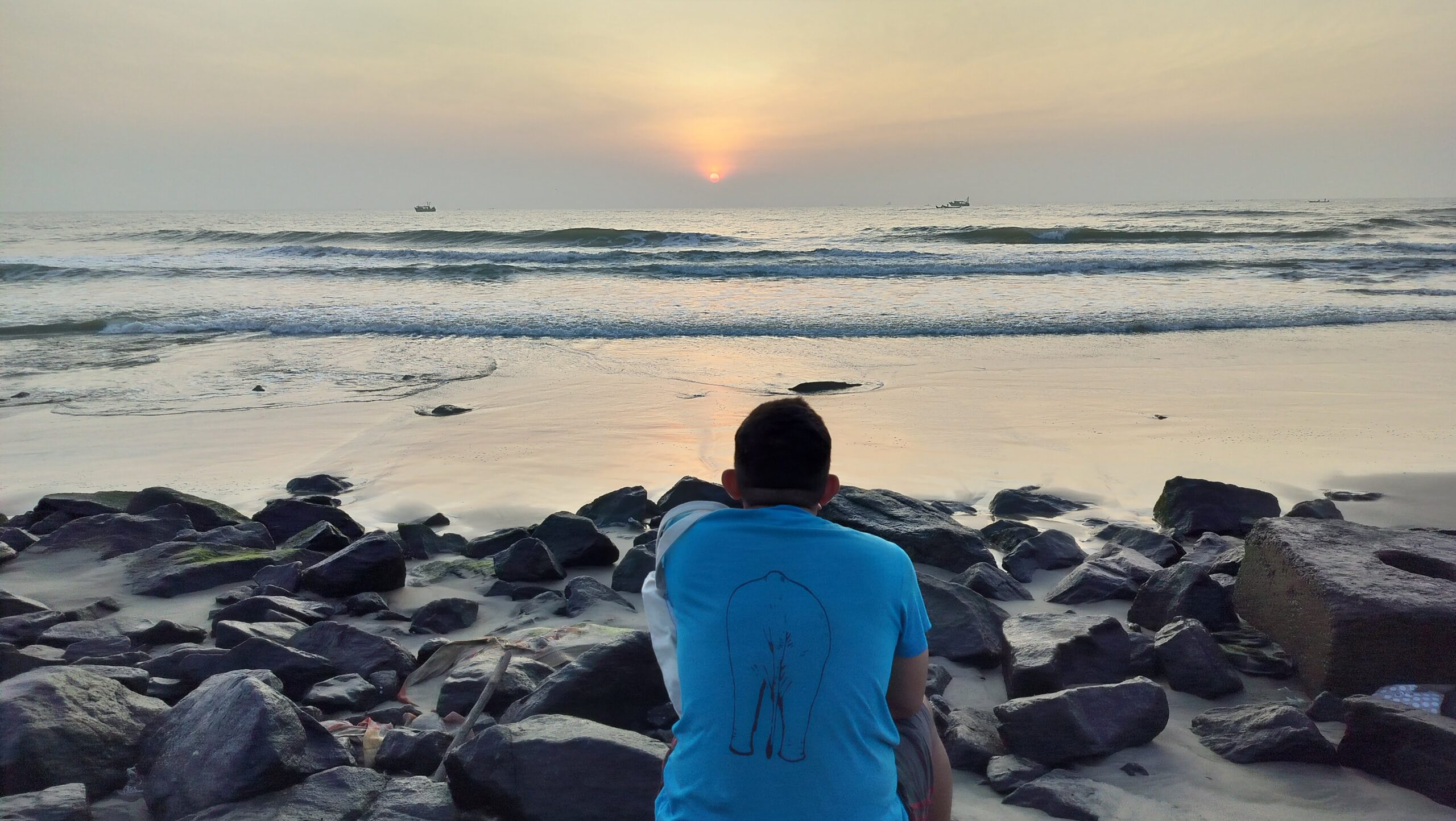Category: Life
-

Where Time Takes a Break
Swathi and I went to Puducherry this weekend. Just to take a break. Day 0 We left on Thursday night in KSRTC’s AC sleeper from Bengaluru’s Shanthinagar bus stand. It was the old white Ambari Dream Class bus. (Earlier this month when we went to Kerala, we had gotten Ambari Utsav for the first time).…
-

Paying Domestic Worker
In my previous post I wrote about how much capital I know I have. In this I tackle another question that might be interesting to people to compare their situations — how much we pay the domestic worker who works in our home and how did we reach that number. I have written earlier about…
-

Capital
It was three years ago in November 2022 that I last wrote about my financial situation. That post ended with my bank balance at around 11 lakhs. I left Kinara capital in June 2023, and then I perhaps had around 20 lakhs if I put everything together. From then, I was spending more money than…
-
Money Matters
Warning: This post discusses money. Like, it’s going to talk about my account balance. Now, for some of the people reading this, their account balance might be much lower than mine. And for others, vice versa. So, if you don’t want to compare lives, you’re better off not reading this. *** Like I said when…
-
Asking For Help
Many days ago, in a discussion with some of my colleagues, I realized two things. I trust less on others (compared to how much I trust on me – even in things I have no clue about) and I rarely ask for help. It probably is also true that the latter is because of the…